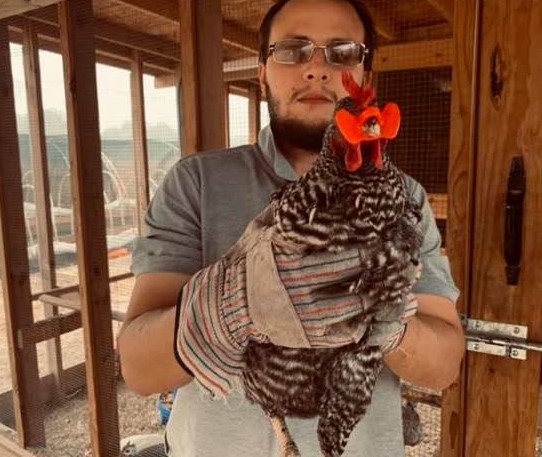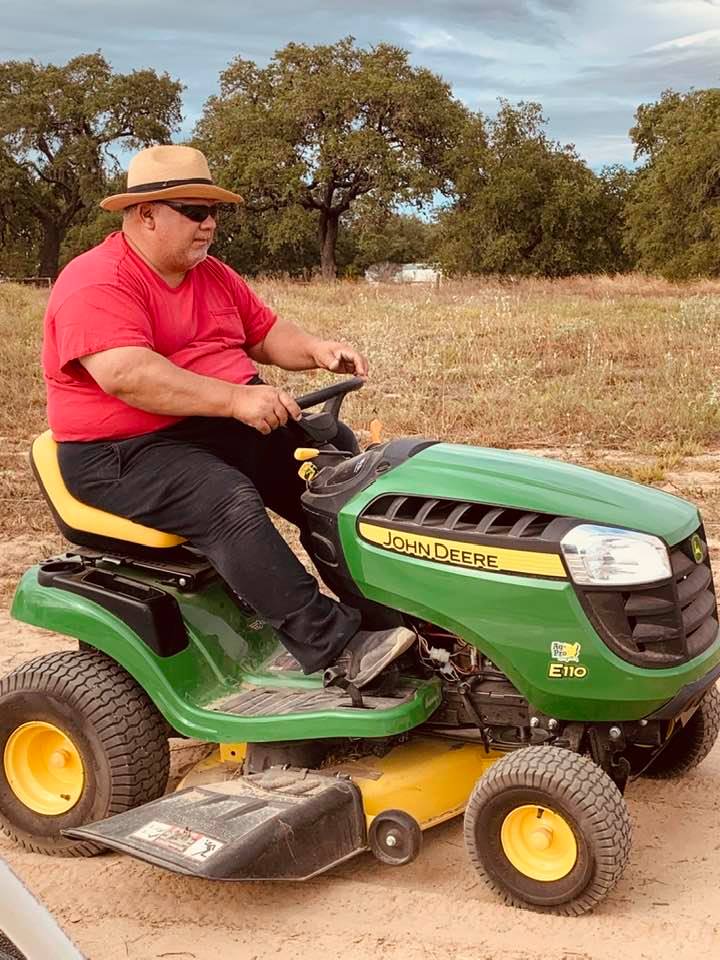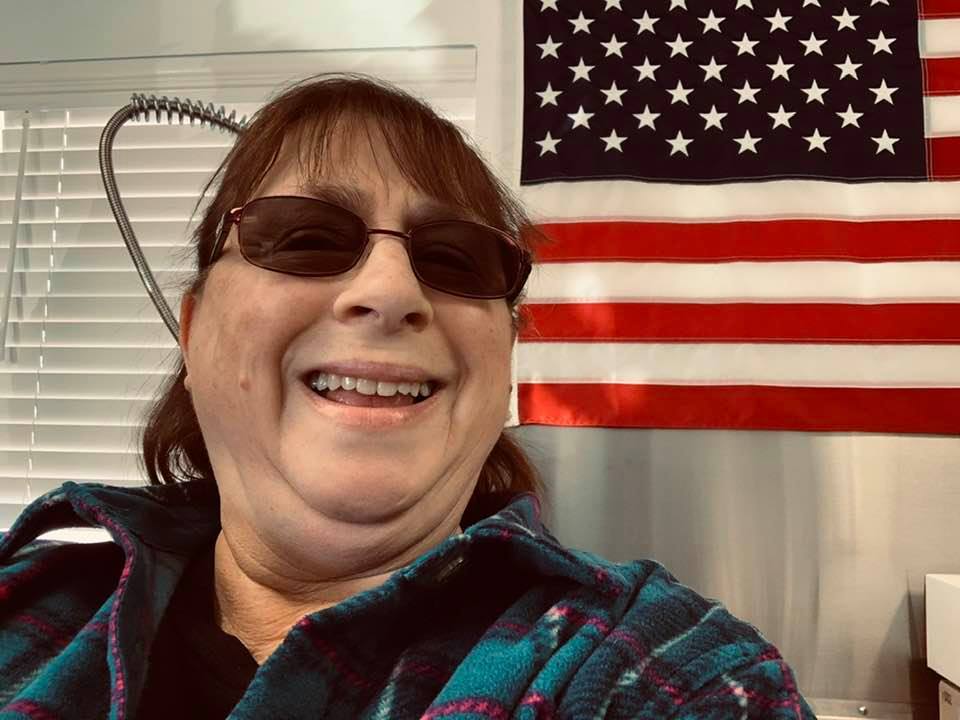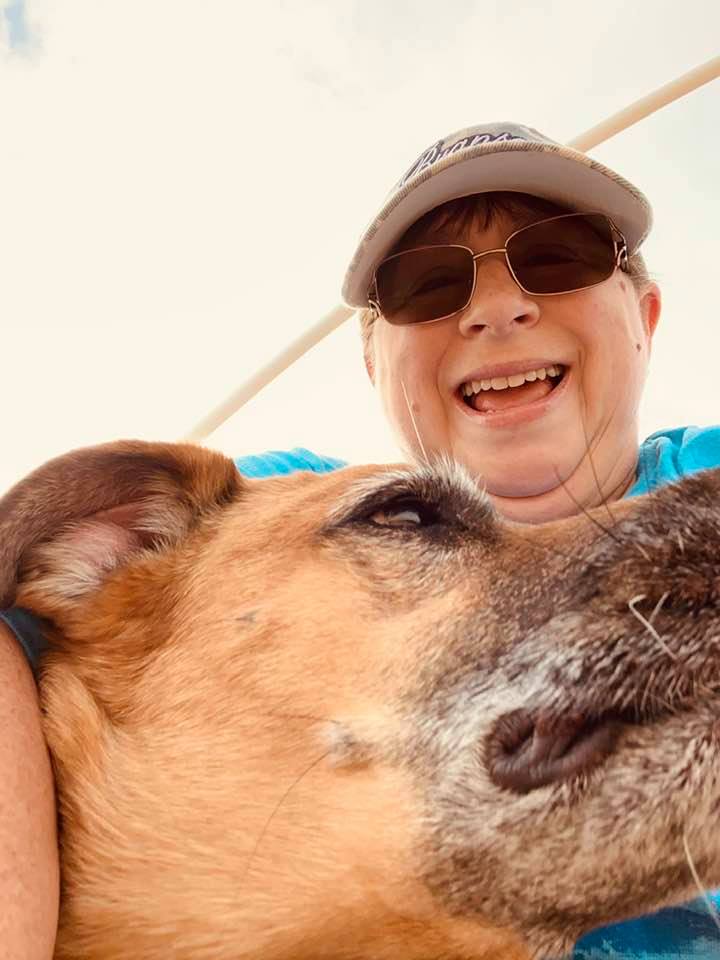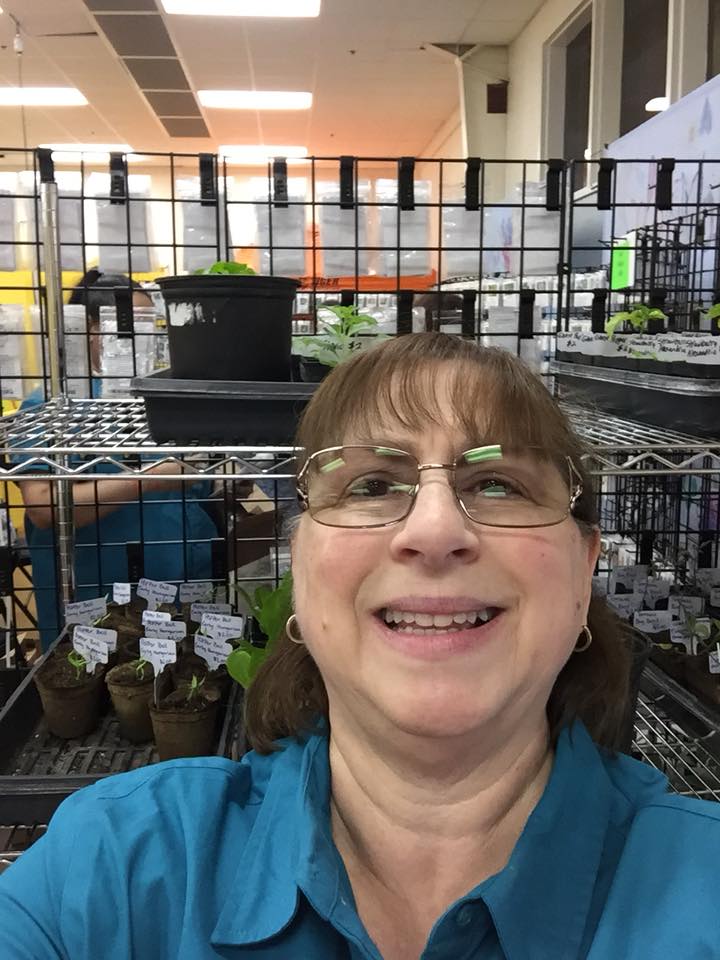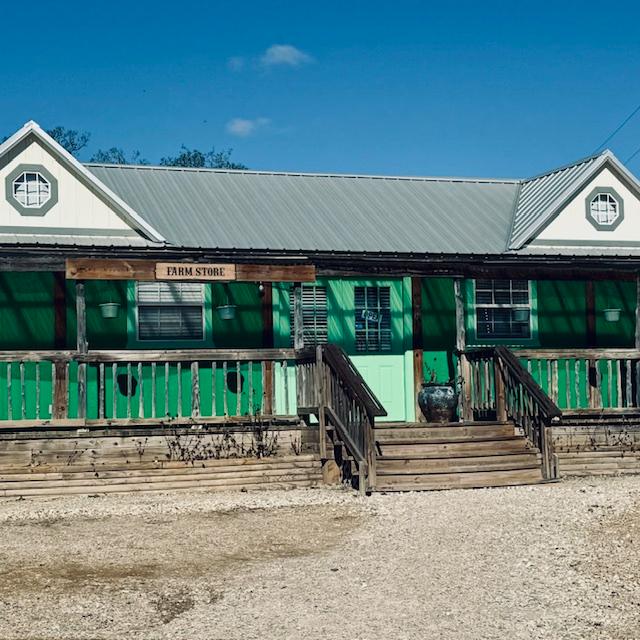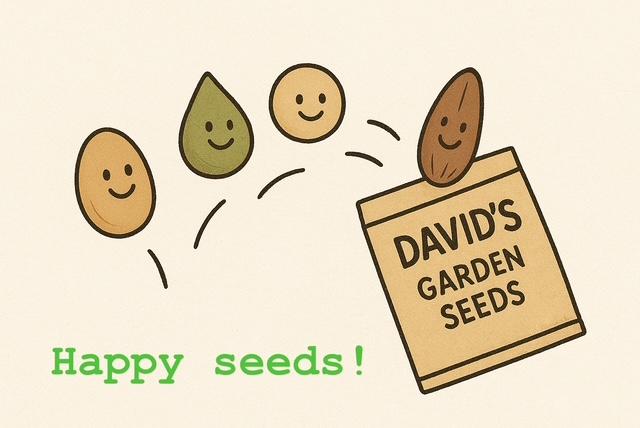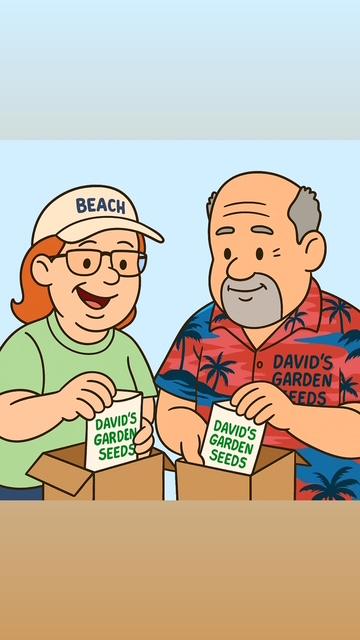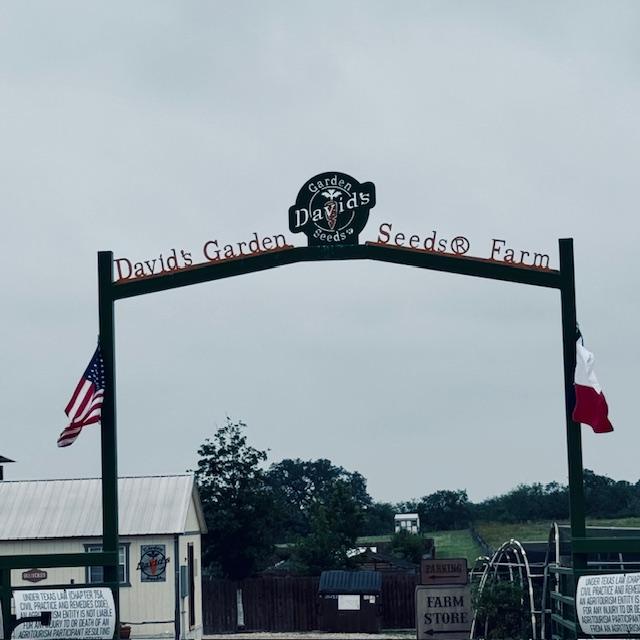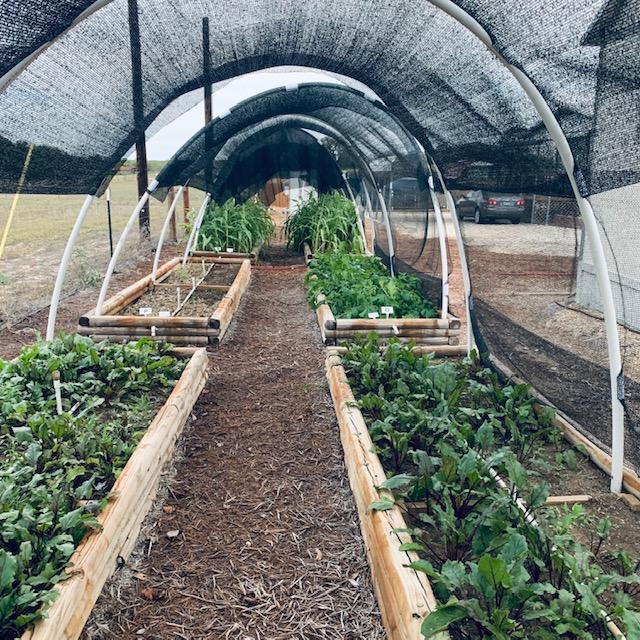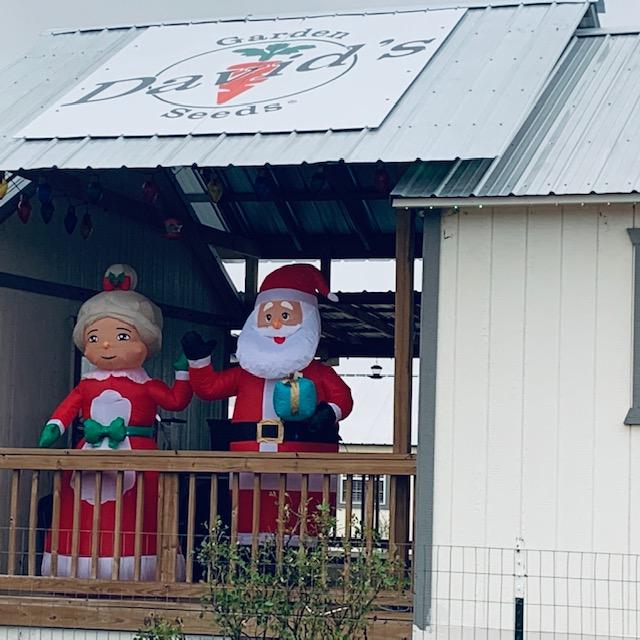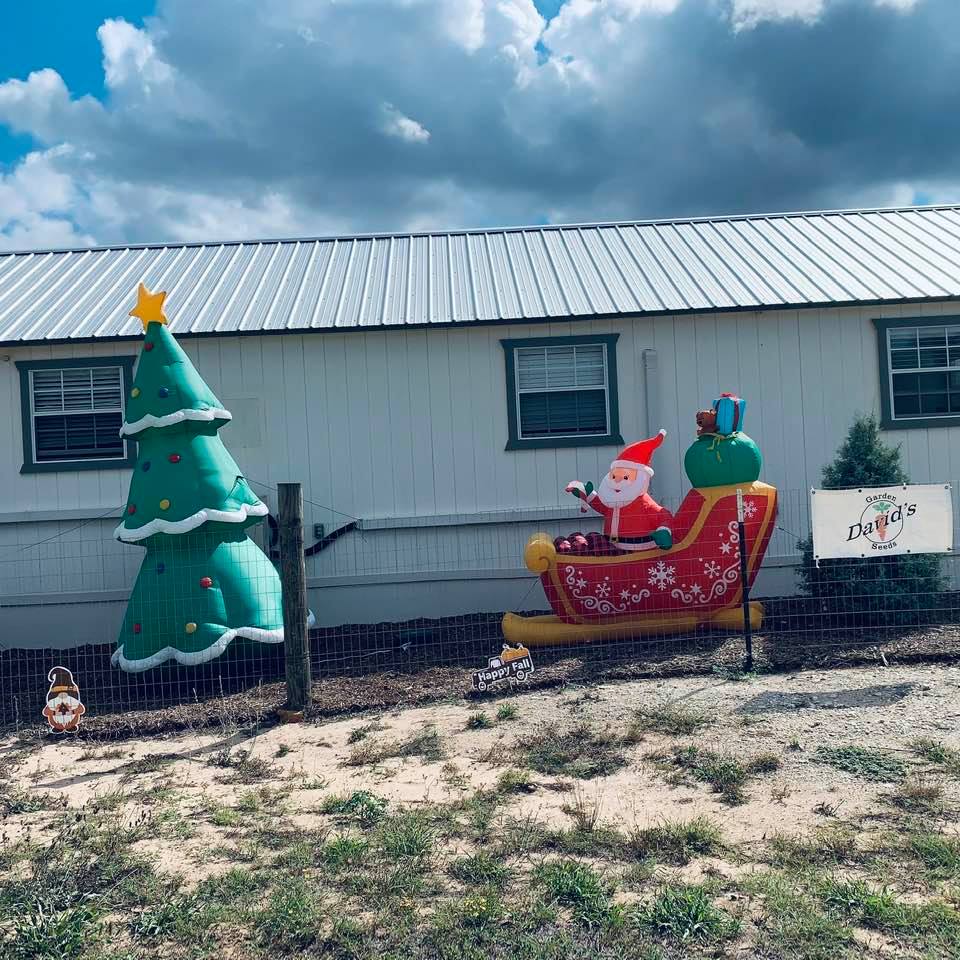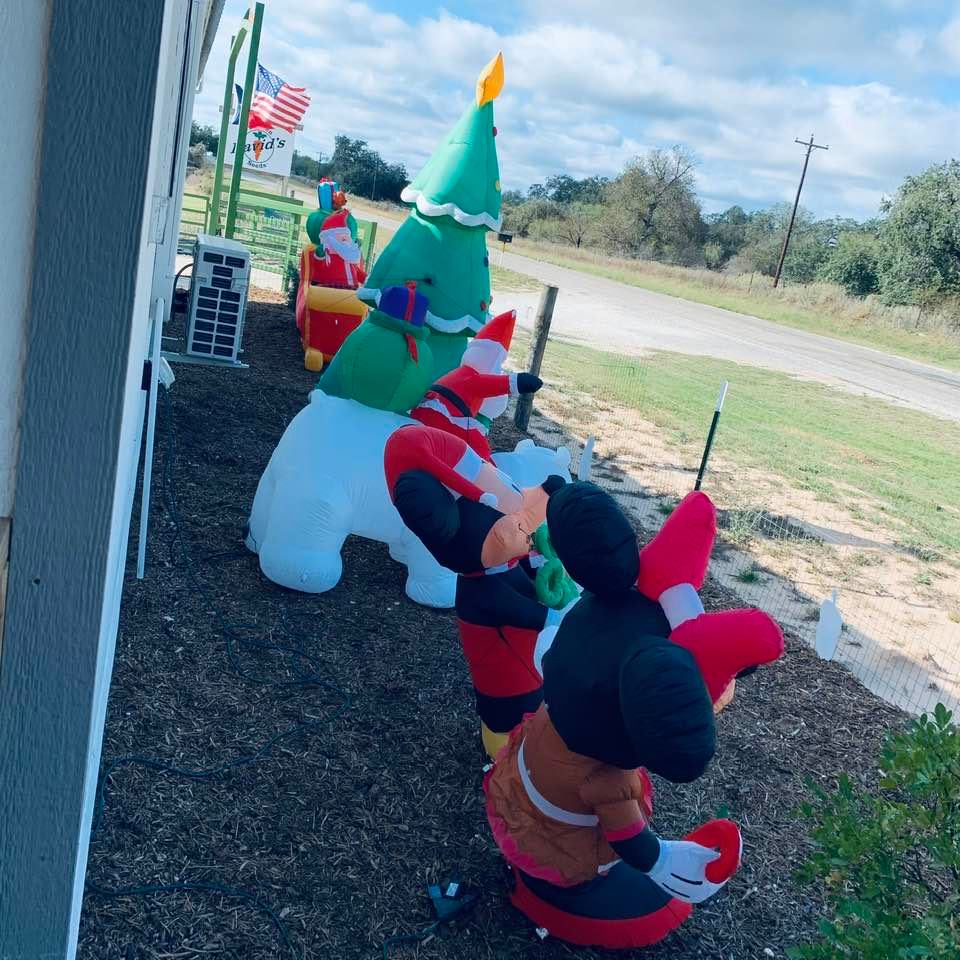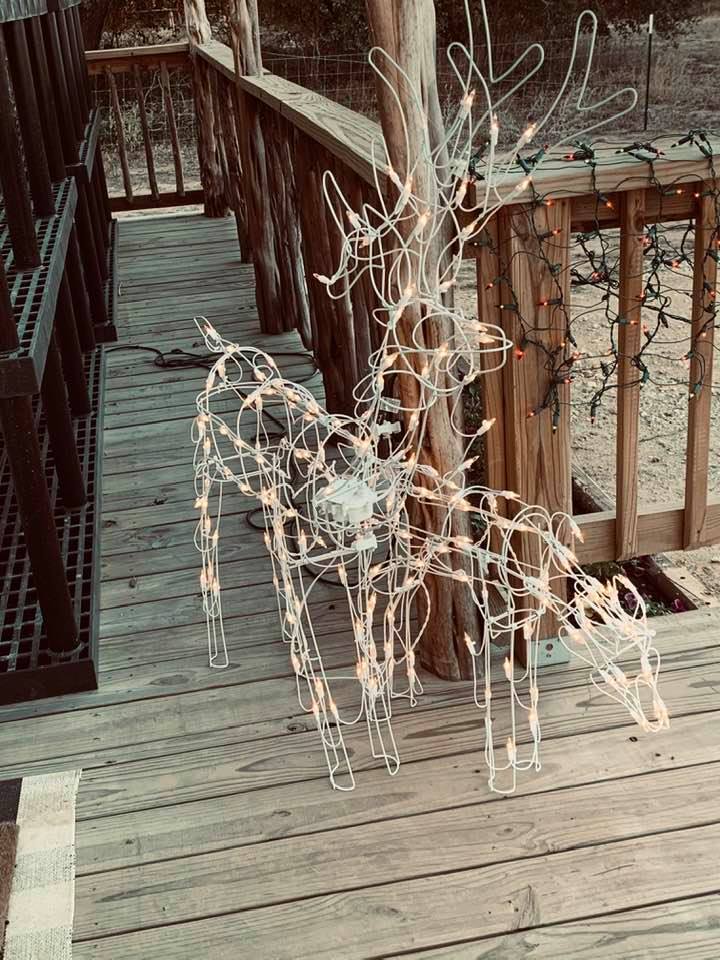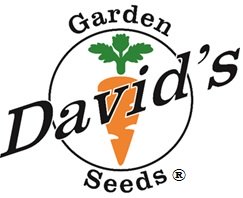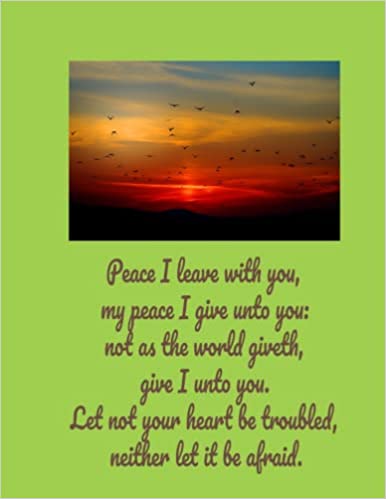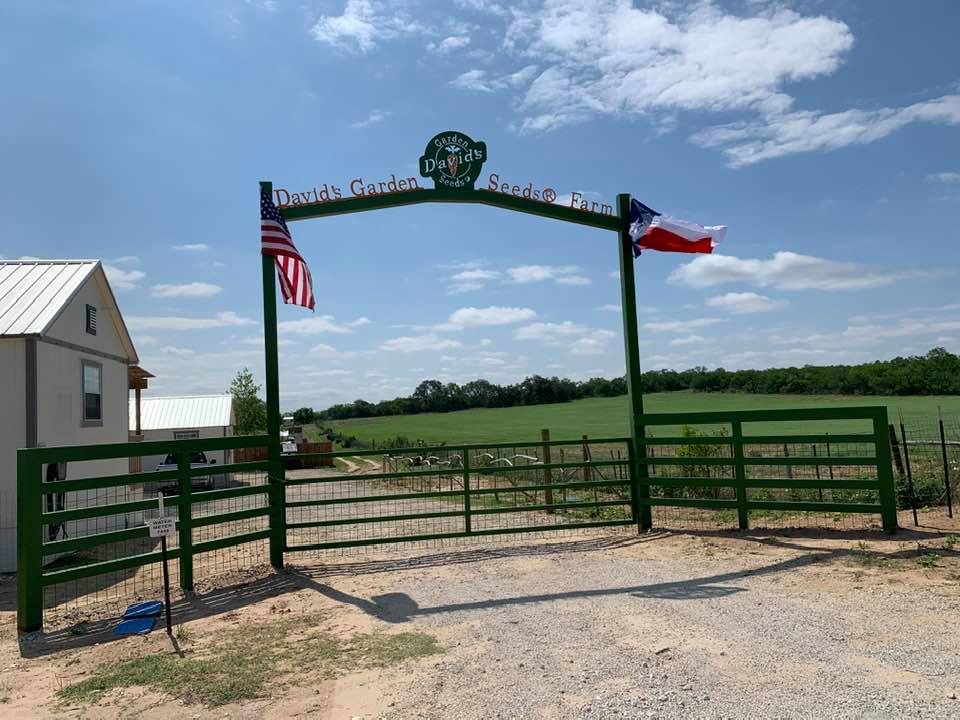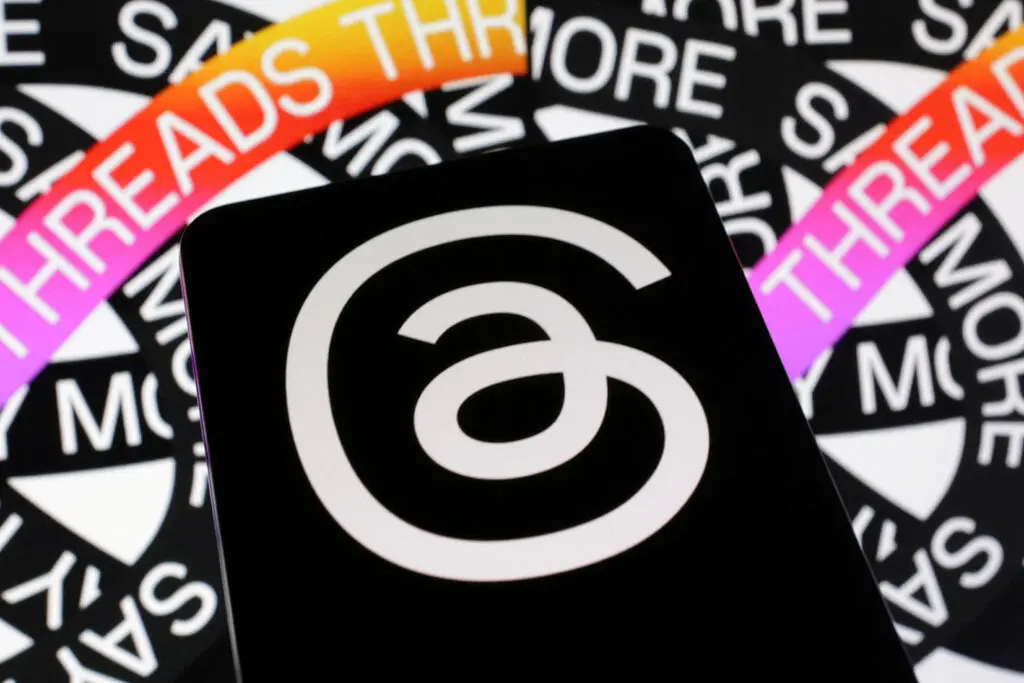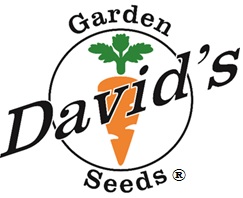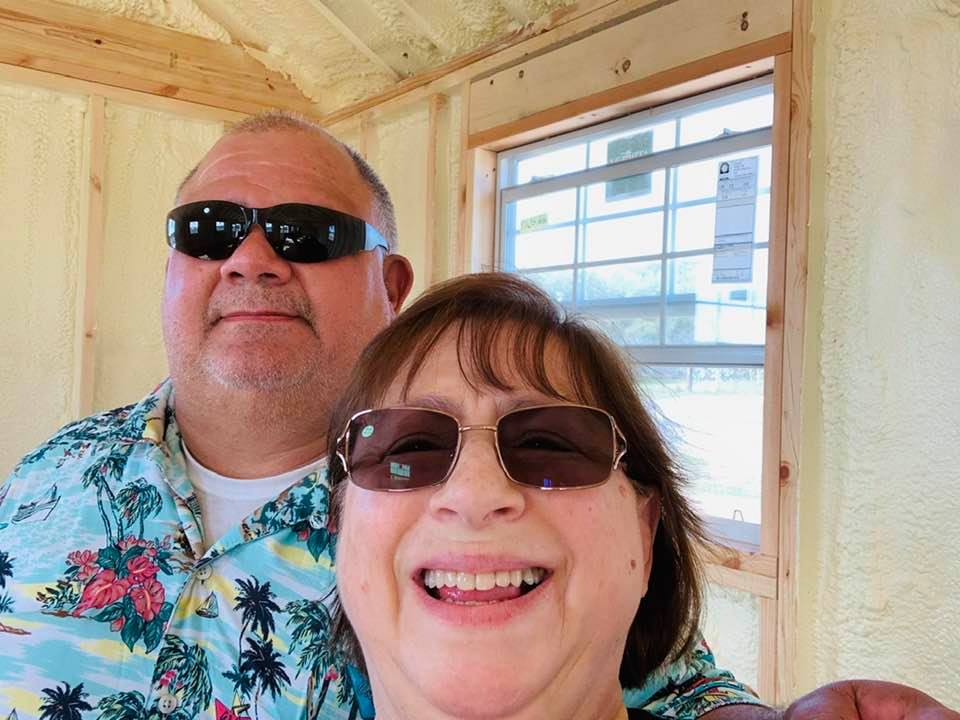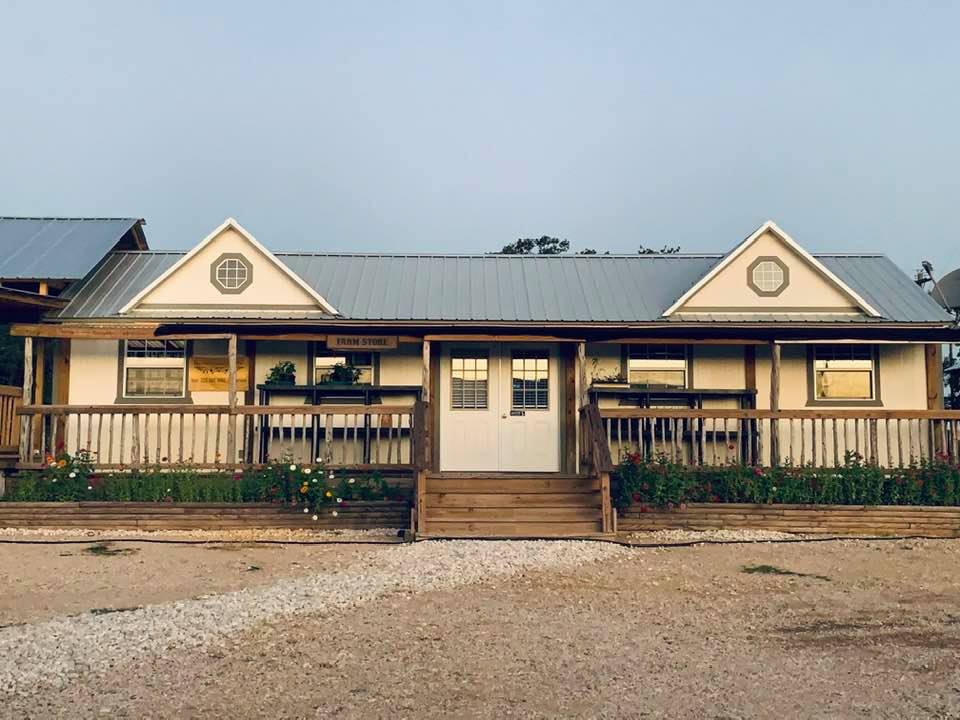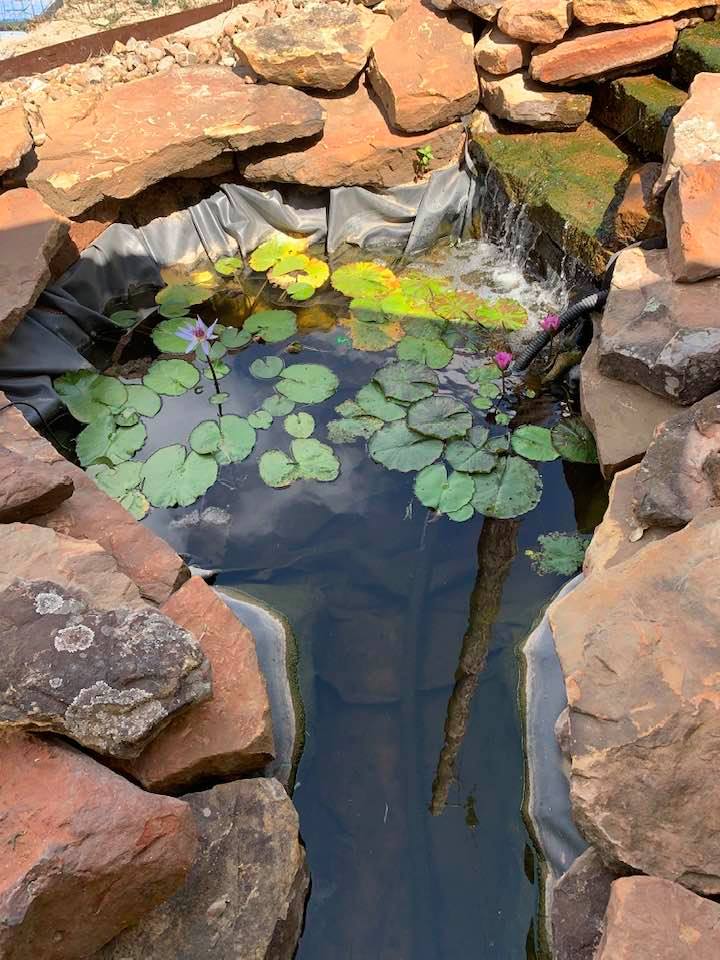Germination Tips
David just wrote this article on germination tips on Saturday, March 18, 2023. He has added a few things since his last tip page. We hand this out to our customers in the Farm Store and we put it in every seed order from our website.
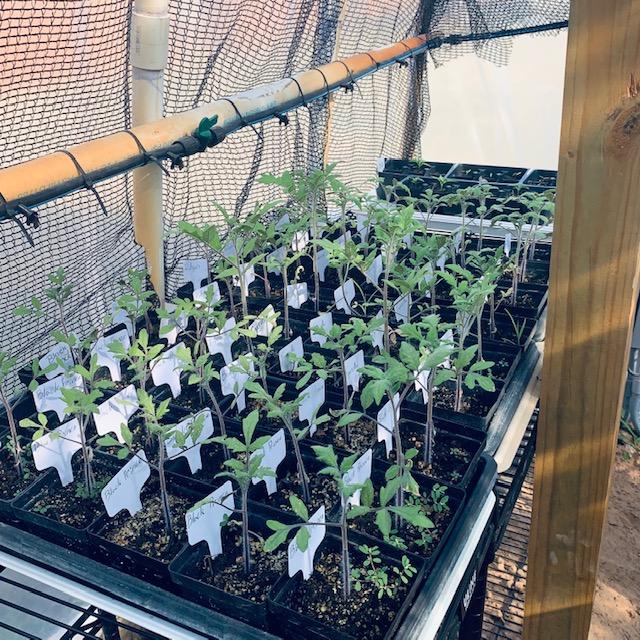 It takes a lot of work to get tomato seedlings from a pack of seeds. Follow David's germination tips below to get great results.
It takes a lot of work to get tomato seedlings from a pack of seeds. Follow David's germination tips below to get great results.Germination Tips
The most important thing is do not to plant the seeds too early if planting outside. Most seeds need a soil temperature of at least 65 to 70 degrees to germinate. Some need it warmer. The best way to do this is with a temperature gauge. Stick it in the ground at least one inch. And do so at the coolest part of the night.
Our seeds will grow when planted correctly. Correctly for seeds is in soil, with sunlight, the right amount of heat and moisture. Inside under lights, light from the window, in hydroponics or any other type of growing condition, is not considered correct growing conditions. Buyer assumes all risk when not grown according to the correct method.
Another important thing to remember is not to plant them too deep. Placing the seeds at 1/4 inch deep in soil will do. Measure this with a ruler. Do not guess at it.
 Best of the germination tips: Our 4 inch ruler. We put one in every bag if you buy seeds and they should be in website orders as well. 1/4 of an inch is very tiny.
Best of the germination tips: Our 4 inch ruler. We put one in every bag if you buy seeds and they should be in website orders as well. 1/4 of an inch is very tiny.The seed is a living embryo that contains enough energy to germinate and break the surface of the soil. If planted too deeply, the seed will run out of energy and die before it breaks the surface. Once it breaks the surface, it produces the energy to grow through photosynthesis.
Keep the soil moist, but not wet. Over-watering (like once a day) will drown the seed. A good rule to follow is the dirt should be moist so it feels like brown sugar up to your first knuckle. If it feels dry like salt, it is too dry. If it feels like wet flour then it is too wet. The best watering for germinating is bottom watering. Put your starter pots in a tray, fill 3/4 with water and let them soak up the water they need until the seeds germinate. Watering from the top can dislodge the germinating seeds and kill them.
Seeds should germinate in about 7 to 14 days, and sometimes even 21 days. But chili pepper seeds, as well as strawberry seeds, can take as long as 30 days for the first seedling to come up.
I have learned that if you put the seeds in a container, with fine sandpaper, facing inwards and outwards and shake, it helps the seeds germinate quicker.
If starting indoors, (in a heated greenhouse or inside (which we do not recommend) seeds need 14 to 16 hours of daylight a day. A grow light will be needed. A regular florescent or lamp light will not do the job. If you are going to start indoors, you will need to make a small investment. Putting pots on a windowsill will not work in most cases (depending on your windows they will produce too much heat or newer ones will not let enough light through). If the seeds do not get enough light, they will grow tall and thin. Then they will fall over and die.
If using a planter with a lid, do not use a heat pad. The cover and heat pad combination will create too much heat and humidity which will cook the seeds, thus killing them. One or the other is enough. Keep in mind that most planters have holes pre-drilled from 3/4 to 1 inch deep, which is too deep for many seeds. You may have to put a bit of filler in there.
I would not use potting soil/garden soil from any of the big box stores as these contain more organic material (lighter than soil so cheaper to ship) than they do soil, which is okay for mature plants but not seedlings. Go to a nursery and see what they recommend. Some nurseries have a germination/garden mix which works really great.
Also, know that in the garden, birds, ants and other insects like seeds for dinner. It is possible to plant them and have them stolen, especially smaller seeds. Even worms will eat the seeds. And if there is a rain, it could wash the seeds away.
When transplanting outdoors, plants will need to be hardened
off for seven to ten days. If you take the
plants from the controlled environment to outside without hardening off, they
could flounder and die or not grow very well. Here is my article on hardening off plants.
In addition, you need to practice good crop rotation. Do not plant the same vegetable or large type flower in the same spot year after year. There are many articles online that explain this.
Soil is a major source of nutrients needed by plants for growth. The three main nutrients are nitrogen (N), phosphorus (P) and potassium (K). Together they make up the trio known as NPK. These need to be measured with a soil meter or soil test kit. Gardening is not an exact science. Just because a crop does good one year does not mean it will do good next year and vice versa. Temperatures, rain, insects and so on affect the garden. Keep this in mind when growing. As our local gardening expert, Bob Webster, says, “Gardening is like gambling only the odds are worse.”
Return from Germination Tips to Monthly Garden Chores
Anything To Share On This Topic?
Would you like to share additional information about this topic with all of us?
Since 2009, over 2,000,000 home gardeners, all across the USA, have relied on David's Garden Seeds® to grow beautiful, productive gardens. Trust is at the heart of it. Our customers know David's Garden Seeds® stocks only the highest quality seeds available. Our mission is to become your lifetime supplier of quality seeds. It isn't just to serve you once; we want to earn your trust as the primary supplier of all of your garden seeds.
Watch Our 2022 TV Commercial!
Sing Along To Our Jingle
♪♫♪♪ ♫ ♪ ♫♪♫♫
♪♫♪♪♫♫
Peppers and peas
And lots of yummy greens
You can't go wrong
With Squash This Long
At David's Garden Seeds
♪ ♫ ♪ ♫
Our New 2024 TV Ad
Please like and subscribe on YouTube and come visit us at our Farm Store! The music on our TV ad was written, played, and sung by our son, Matthew Schulze. You can meet him when you come to the farm. He just might give you a tour. Ask him to grab a guitar and sing our jingle that he wrote.

We are David's Garden Seeds®. If you need great seeds, we've got over 1,200 varieties to choose from.
Subscribe To Mrs. David's Garden Seeds® Newsletter For FREE!
Find out what is going on down on the farm by reading our blog and by subscribing to our free newsletter for all of the information going down at David's Garden Seeds® and on the farm. I love to share helpful information with you. Please let your friends know and y'all come on down for a visit when you get the chance. We would love to meet you!
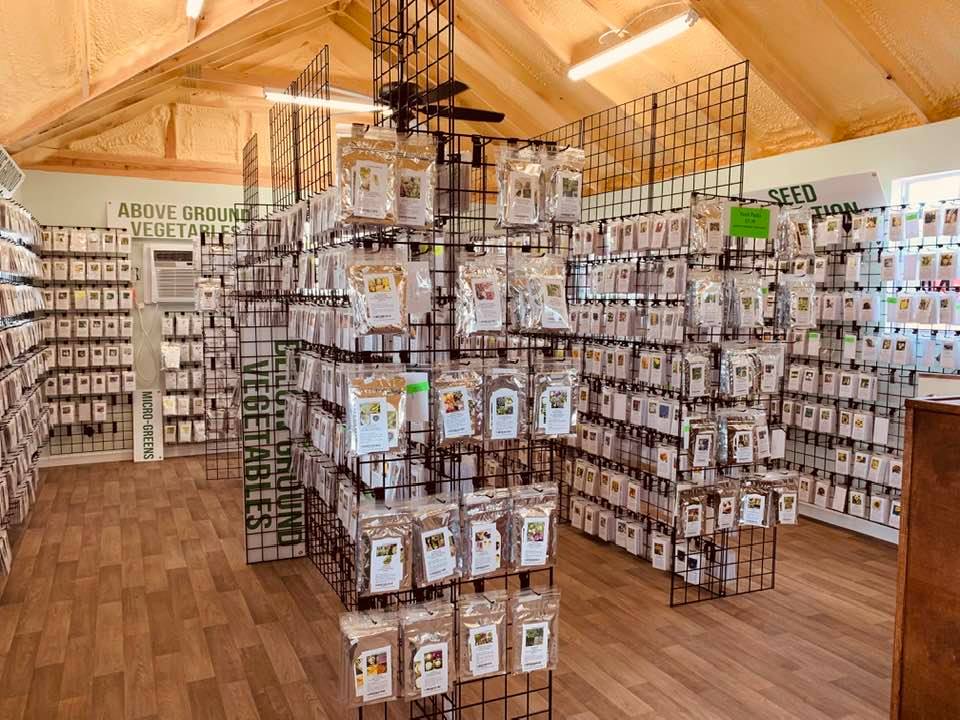
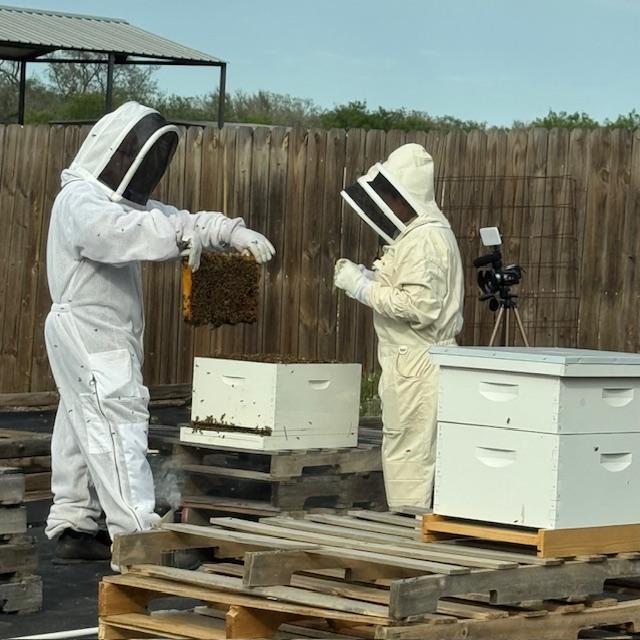 Our bee hives
Our bee hives Our fish pond
Our fish pond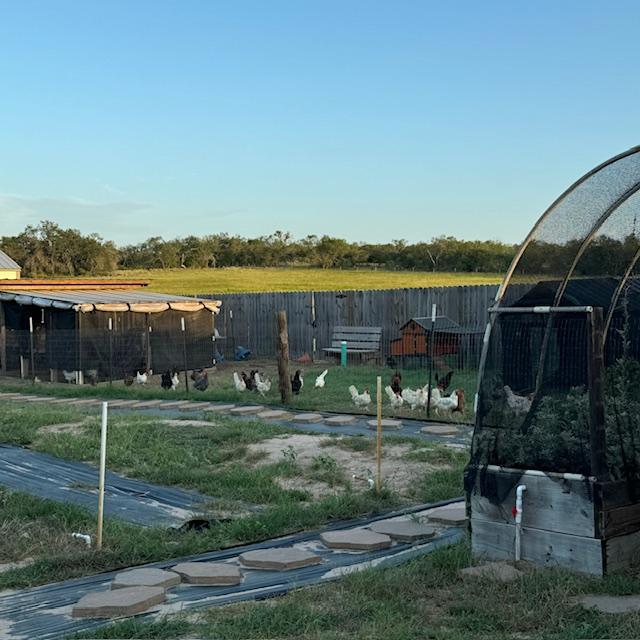 Our chickens
Our chickens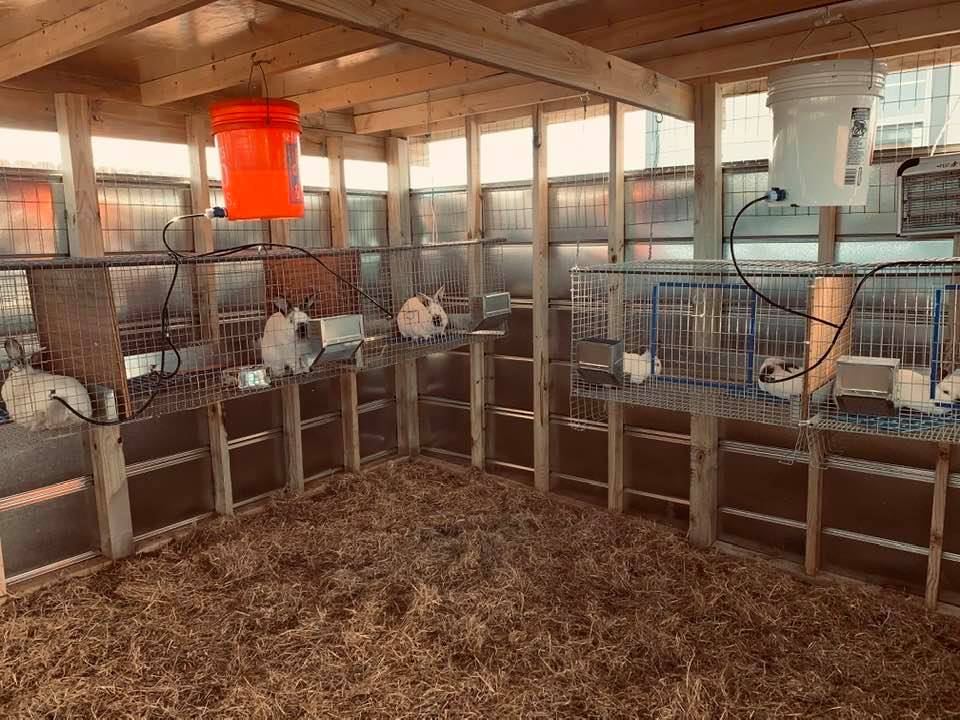 Our bunny rabbits
Our bunny rabbits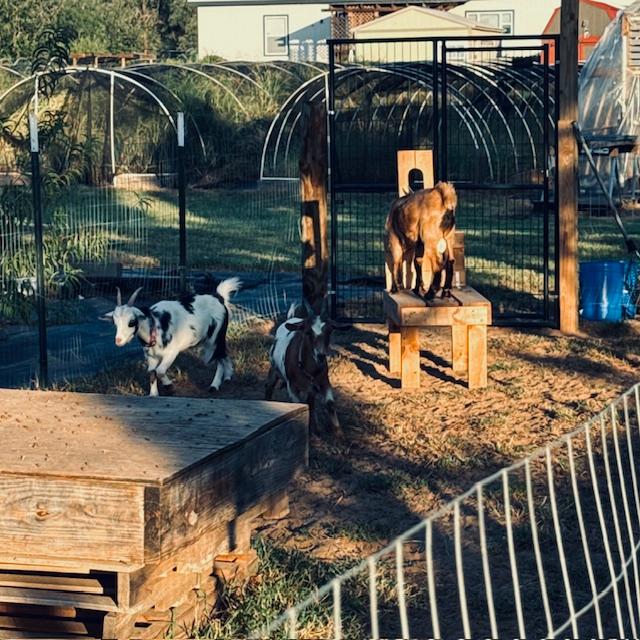 Our Nigerian Dwarf goats
Our Nigerian Dwarf goats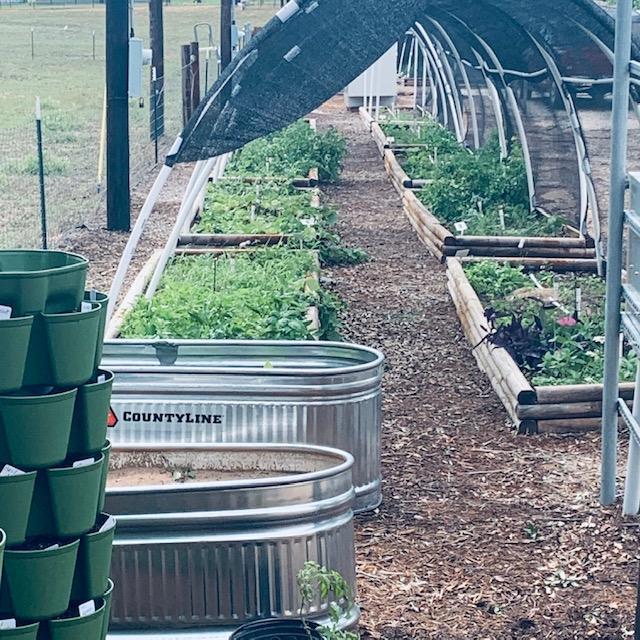 A few of our raised garden beds
A few of our raised garden beds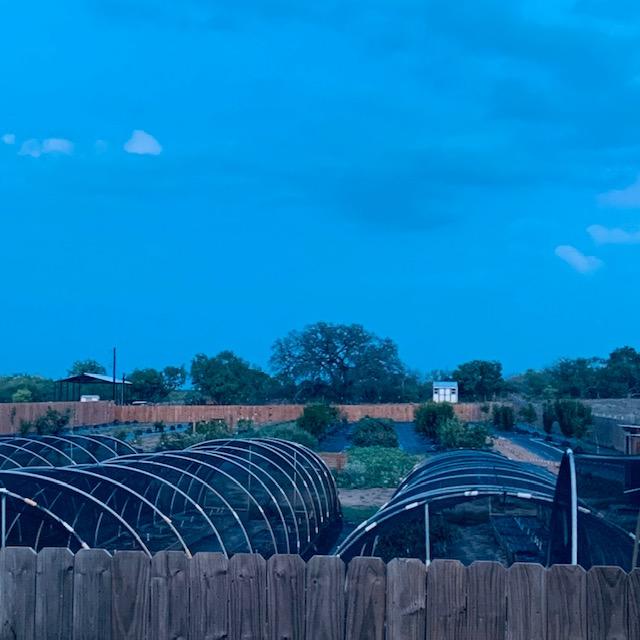 Our orchard and hoop houses
Our orchard and hoop houses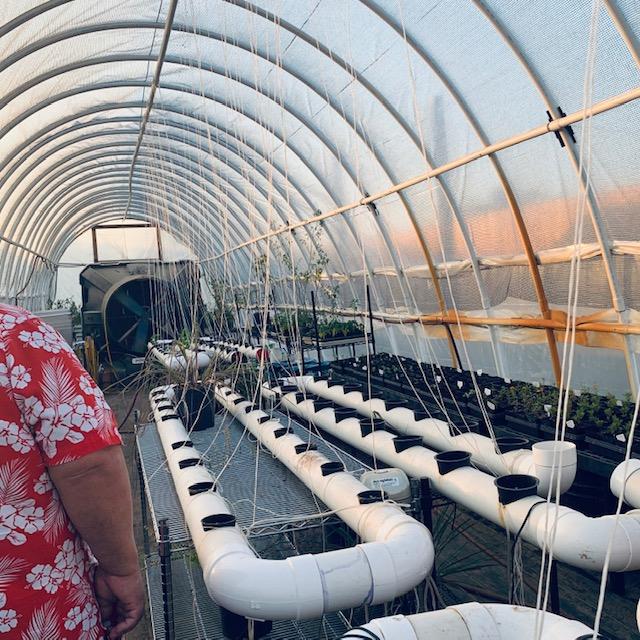 Inside our high tunnel
Inside our high tunnel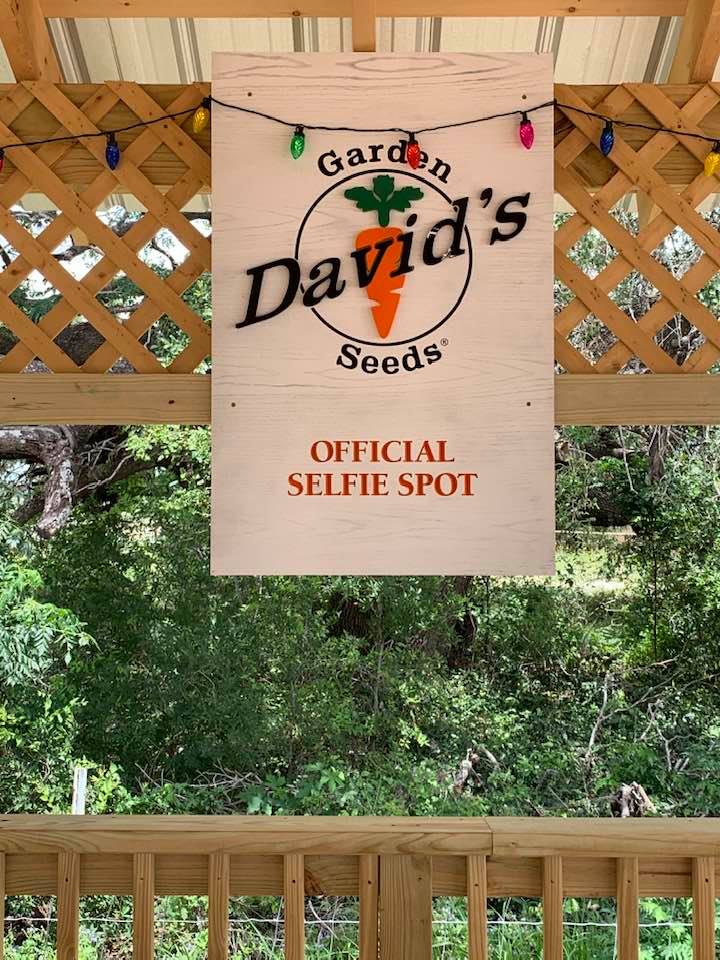 Take a selfie at our official selfie spot!
Take a selfie at our official selfie spot!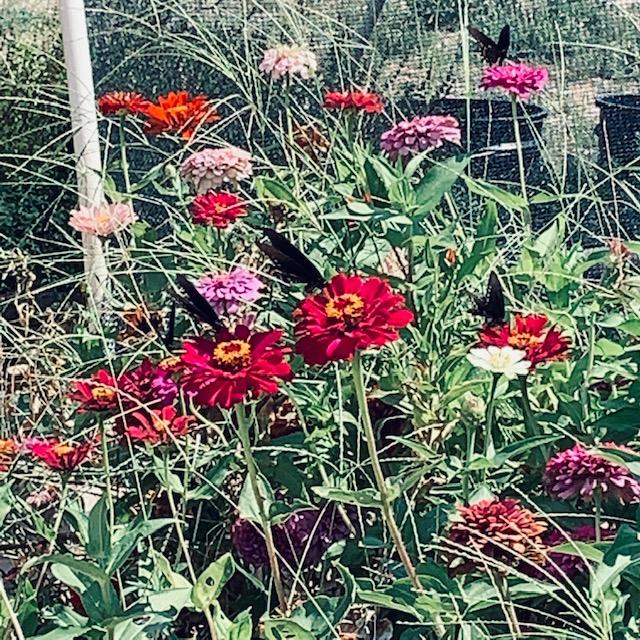 Flowers, bees, and butterflies are everywhere!
Flowers, bees, and butterflies are everywhere!